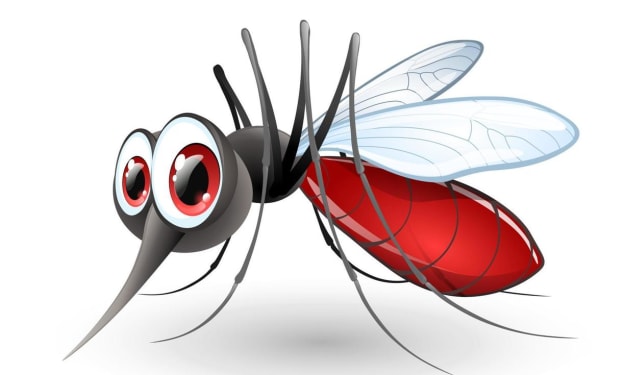
Food is an essential part of human life. We all need food to survive, and it plays a critical role in our health and well-being. Food provides us with the nutrients and energy we need to grow, repair our bodies, and carry out daily activities. However, food is more than just fuel. It is also an integral part of our culture and social lives, and it has the power to bring people together.
The Importance of a Healthy Diet
Eating a healthy diet is essential for our overall health and well-being. A balanced diet that includes a variety of foods from all food groups can help prevent chronic diseases such as obesity, diabetes, and heart disease. A healthy diet should be rich in fruits, vegetables, whole grains, lean proteins, and healthy fats. It should also be low in saturated and trans fats, sodium, and added sugars.
Eating a healthy diet can also help us maintain a healthy weight. Obesity is a growing problem worldwide, and it is a major risk factor for many chronic diseases. Eating a healthy diet can help us maintain a healthy weight and reduce our risk of obesity-related diseases.
The Social Aspect of Food
Food is not just about nutrition; it is also an important part of our social lives. We use food to celebrate special occasions and to bring people together. Sharing a meal with family and friends is a time-honored tradition in many cultures, and it can help build strong relationships.
Food also plays a role in our daily interactions with others. We use food to show love and appreciation, to comfort and console, and to express our cultural heritage. Food can also be a conversation starter and a way to learn about different cultures and traditions.
The Importance of Food Security
Food security is a fundamental human right. It means that all people have access to safe, nutritious, and sufficient food to meet their dietary needs. Unfortunately, food insecurity is a growing problem in many parts of the world. According to the World Food Programme, an estimated 821 million people worldwide do not have enough food to eat.
Food insecurity can have serious consequences for health and well-being. It can lead to malnutrition, which can weaken the immune system, increase the risk of disease, and hinder physical and cognitive development. Food insecurity can also lead to social and economic instability, which can have far-reaching effects on communities and countries.
Sustainable Food Production
Sustainable food production is essential for ensuring that everyone has access to nutritious and affordable food. Sustainable agriculture practices can help conserve natural resources, reduce greenhouse gas emissions, and improve soil health. These practices include crop rotation, conservation tillage, and the use of cover crops.
Sustainable food production also means reducing food waste. According to the Food and Agriculture Organization of the United Nations, an estimated one-third of all food produced worldwide is lost or wasted each year. This represents a significant loss of resources, including land, water, and energy.
The Future of Food
As the world population continues to grow, so too does the demand for food. The challenge of feeding a growing population in a sustainable and equitable way is one of the greatest challenges facing humanity today. To meet this challenge, we will need to rethink our food systems and find new ways to produce and distribute food.
One promising area of research is plant-based foods. Plant-based foods are not only healthier and more sustainable than animal-based foods, but they also require fewer resources to produce. As plant-based foods become more mainstream, we may see a shift away from traditional meat-based diets.
Another area of research is the use of technology in food production. Advances in biotechnology, such as genetic engineering, could help us develop crops that are more resilient to climate change and pests, and that require less water and fertilizer. However, these technologies also raise ethical and safety concerns, and we will need





Comments
There are no comments for this story
Be the first to respond and start the conversation.